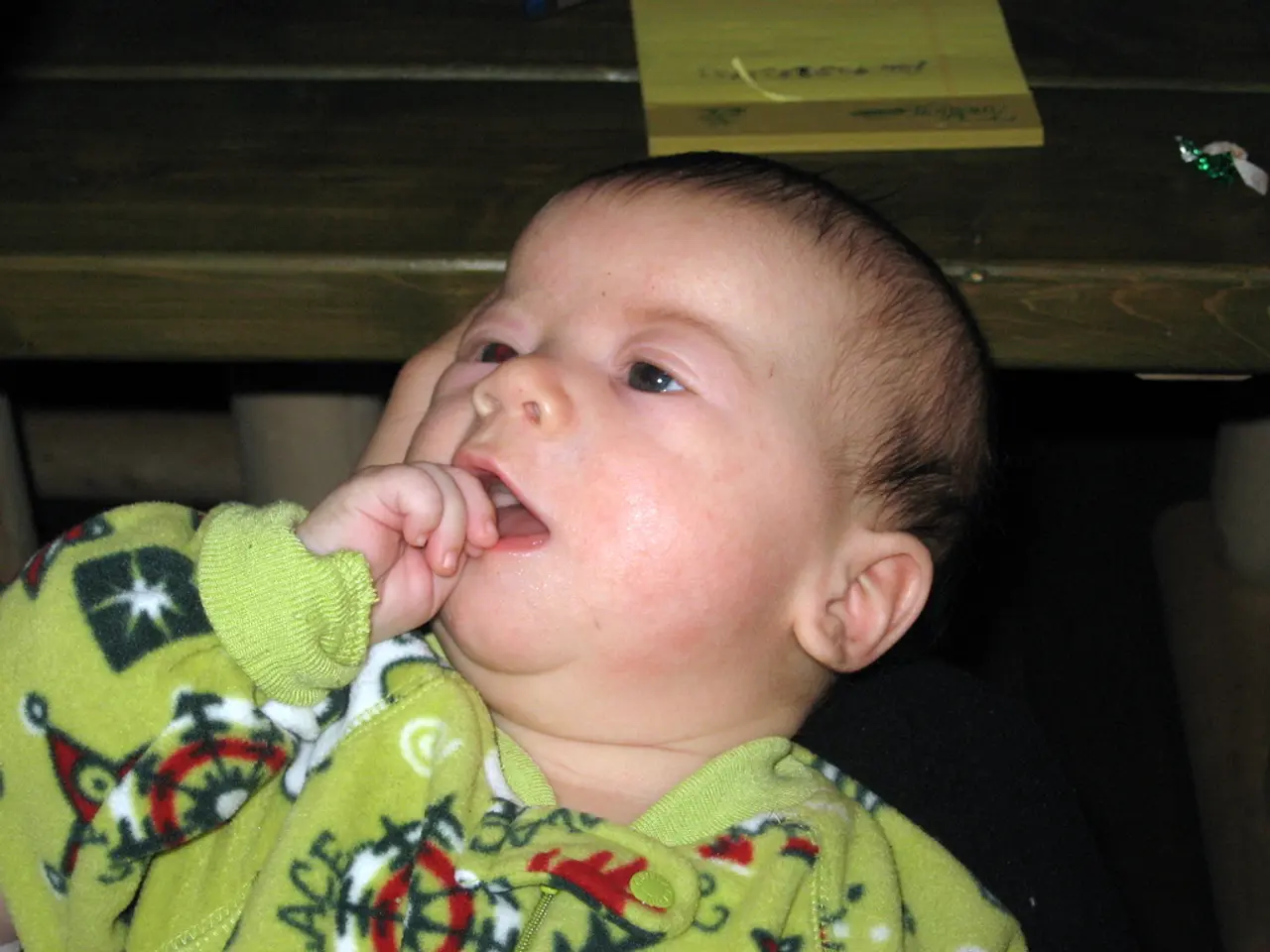Daughters' Unique Grief After Losing a Mother: When to Seek Help
Losing a mother is a profound and often traumatic experience, regardless of age. This loss can have significant physical and psychological effects, with grief often lasting longer than a year. Daughters, in particular, may experience grief differently due to cultural, traditional, and emotional factors.
In the immediate aftermath, grief can manifest as a range of emotions, including regret, remorse, anxiety, guilt, emptiness, rage, anger, sadness, and numbness. If these feelings become overwhelming or persist for more than a year, affecting daily functioning, it's crucial to seek help from a mental health professional.
Grief can also occur in stages, with symptoms varying over time. For daughters, the loss of maternal guidance and cultural traditions can leave them feeling lost and disconnected. In Germany, treatments for severe grief in daughters include talk therapy, behavioral therapy, and psychodynamic therapy. In severe cases, outpatient or inpatient treatment, sometimes supported by medication, may be recommended. These services are available at psychotherapeutic practices, clinics like Heiligenfeld Kliniken, or through referrals from family doctors.
Coping with grief involves honoring the mother's memory, seeking support, and maintaining traditions. Mindfulness, helping others, and looking to other maternal figures can also be beneficial. However, it's important to note that losing a mother can also strain relationships within the family.
If grief becomes too overwhelming, immediate help is available through the 988 Suicide and Crisis Lifeline, Crisis Text Line, or local resources. Remember, it's okay to ask for help. Losing a mother is a significant life change, and it's normal to need support during this challenging time.




